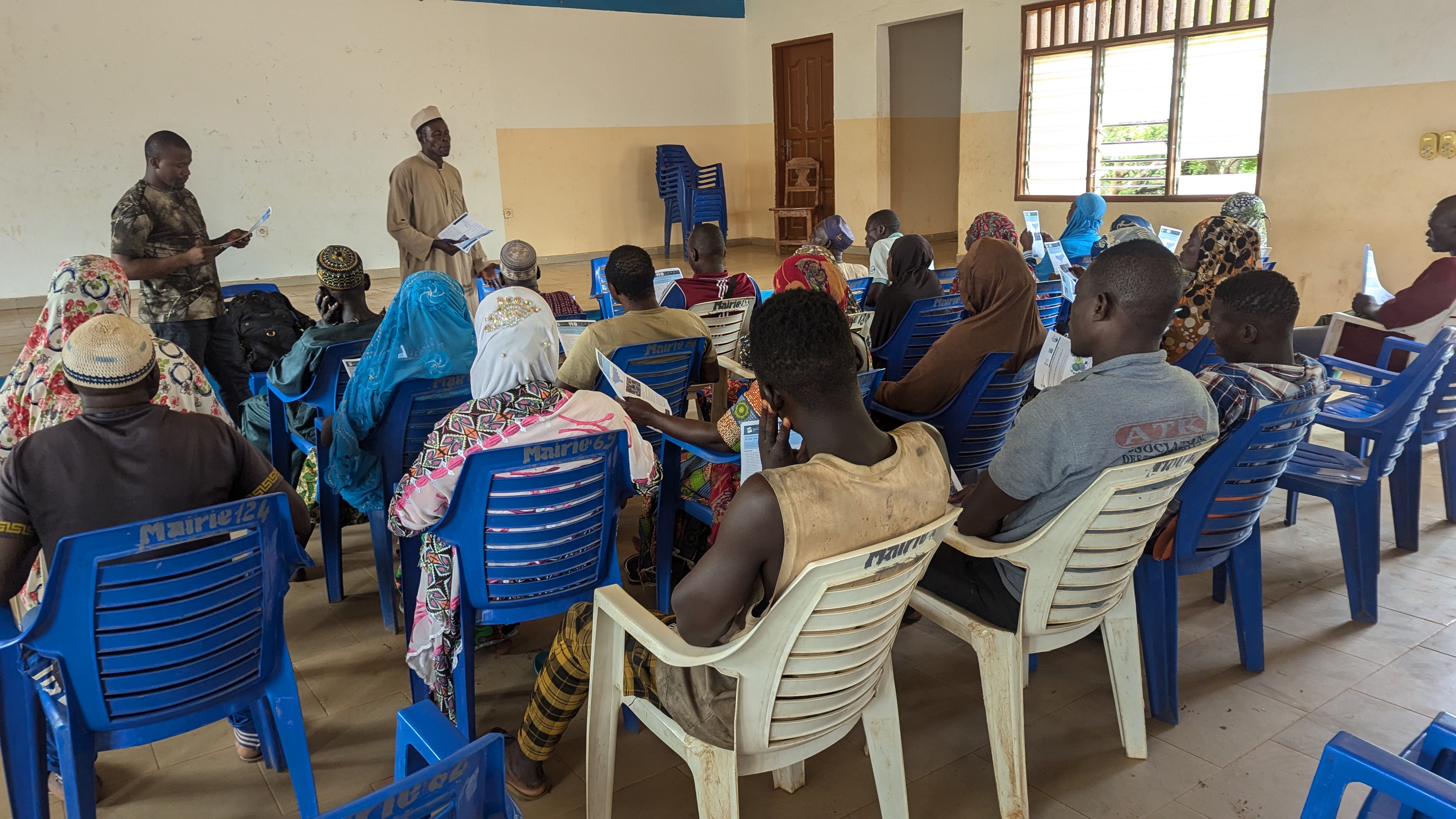Developing different dissemination methods strengthens communication within the interface of research, policy, and practice. While a study's core findings may remain consistent, the way these results are shared must be tailored to suit the specific needs, preferences, and capacities of different stakeholders. This approach ensures that the information is not only accessible but also impactful, empowering stakeholders to make informed decisions or take appropriate action.
For example, within the context of accompanying research in FLR implementation, the way results are communicated to implementers and policymakers differs from the approach used for academic audiences. Policymakers and implementers often operate in fast-paced environments where they require clear, concise, and actionable information. Policymakers and implementers benefit most from concise, straightforward communication that highlights actionable insights, often set apart from the detailed and structured format of scientific articles.
By recognizing and adapting to these differences, our project as accompanying research bridges the gaps between evidence generation and practical application, fostering stronger connections and more meaningful collaborations between the worlds of science, policy, and practice.
The success of applying different outreach mechanisms depends on the research team's strong commitment to tailoring result communication styles to different audiences. The research results are prepared to be published in scientific journals, but also in form of factsheets, policy briefs, and posters, which are designed to communicate results to non-academic stakeholders. The cooperation with FLR implementers also enables the accompanying research to successfully organize participatory workshops at the local level, webinars and joined symposia whereby research and practice complementary outputs and ideas are discussed. Findings are also incorporated into university lectures and curricular.
In the frame of our research project, we customise the dissemination and outreach strategies to align with the needs and contexts of our diverse stakeholders. For local implementers and communities, communication is designed to be interactive and engaging, relying heavily on oral presentations and visual tools such as posters or leaflets as well translation to local languages. These are combined with dialogue to facilitate mutual understanding and encourage collaboration. By tailoring the approach to fit the audience, whether it be policymakers requiring concise briefs or local communities needing participatory and visually oriented methods, we ensure that the core message of our research is effectively conveyed and supports real-world application. By organizing different webinars where both research and practice are presented on the same platform, we exchanged and developed strategies that help in communicating research findings to non-academic audiences. Furthermore, through presentations at different conferences, our research outreach mechanism has grown to a wider audience in addition to the FLR implementation countries.
